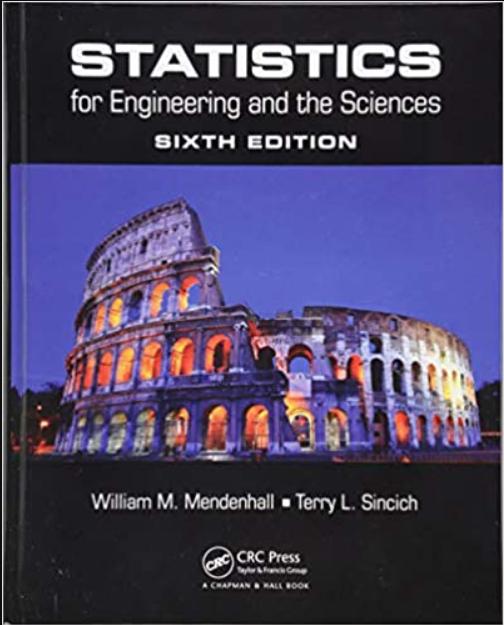The consequences of performing verbal and spatial-imagery tasks on visual search while driving were studied and the
Question:
The consequences of performing verbal and spatial-imagery tasks on visual search while driving were studied and the results published in the Journal of Experimental Psychology: Applied (Mar. 2000). Twelve drivers were recruited to drive on a highway in Madrid, Spain. During the drive, each subject was asked to perform three different tasks— a verbal task (repeating words that begin with a certain letter), a spatial-imagery task (imagining letters rotated a certain way), and no mental task. Since each driver performed all three tasks, the design is a randomized block with 12 blocks (drivers) and 3 treatments (tasks). Using a computerized, head-free, eye-tracking system, the researchers kept track of the eye fixations of each driver on three different objects—the interior mirror, the off-side mirror, and the speedometer—and determined the proportion of eye fixations on the object. The researchers used the Friedman nonparametric test to compare the distributions of the eye fixation proportions for the three tasks.
a. Using α = .01, find the rejection region for the Friedman test.
b. For the response variable, proportion of eye fixations on the interior mirror, the researchers determined the Friedman test statistic to be x2 = 19.16. Give the appropriate conclusion.
c. For the response variable, proportion of eye fixations on the off-side mirror, the researchers determined the Friedman test statistic to be x2 = 19.16. Give the appropriate conclusion.
d. For the response variable, proportion of eye fixations on the speedometer, the researchers determined the Friedman test statistic to be x2 = 20.67. Give the appropriate conclusion.
Step by Step Answer:

Statistics For Engineering And The Sciences
ISBN: 9781498728850
6th Edition
Authors: William M. Mendenhall, Terry L. Sincich





